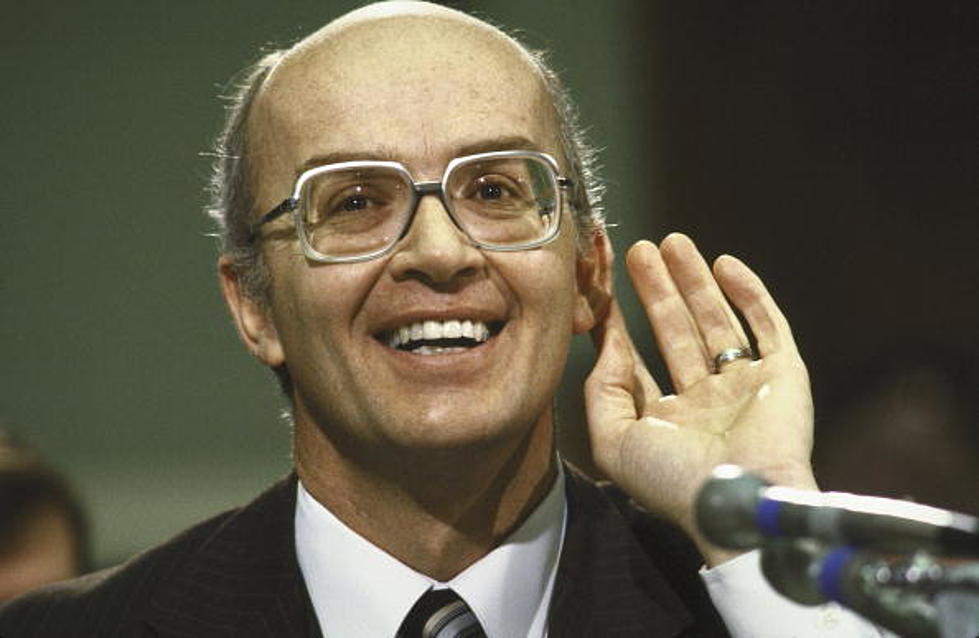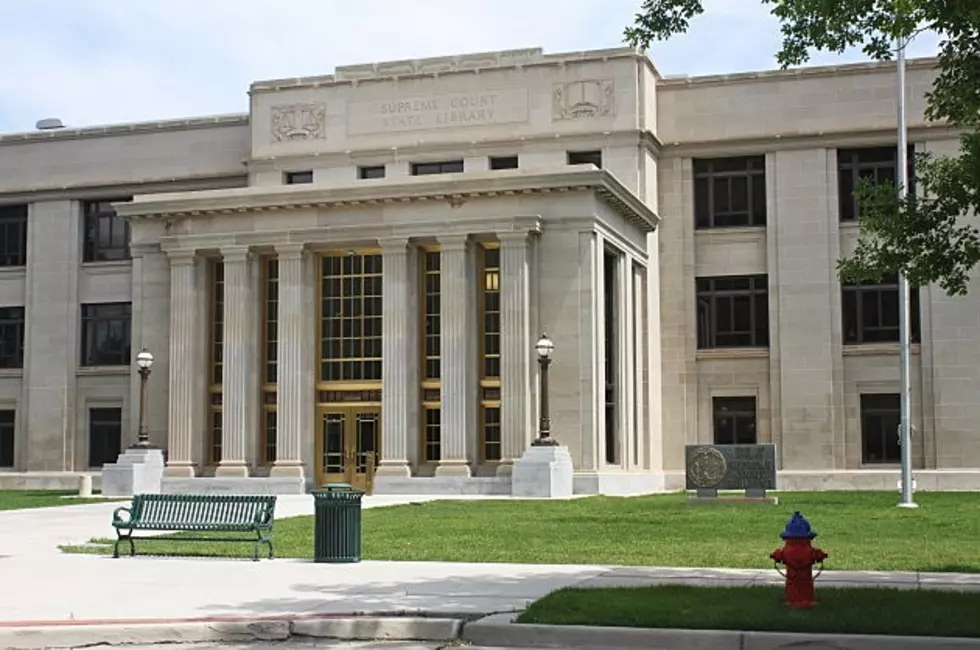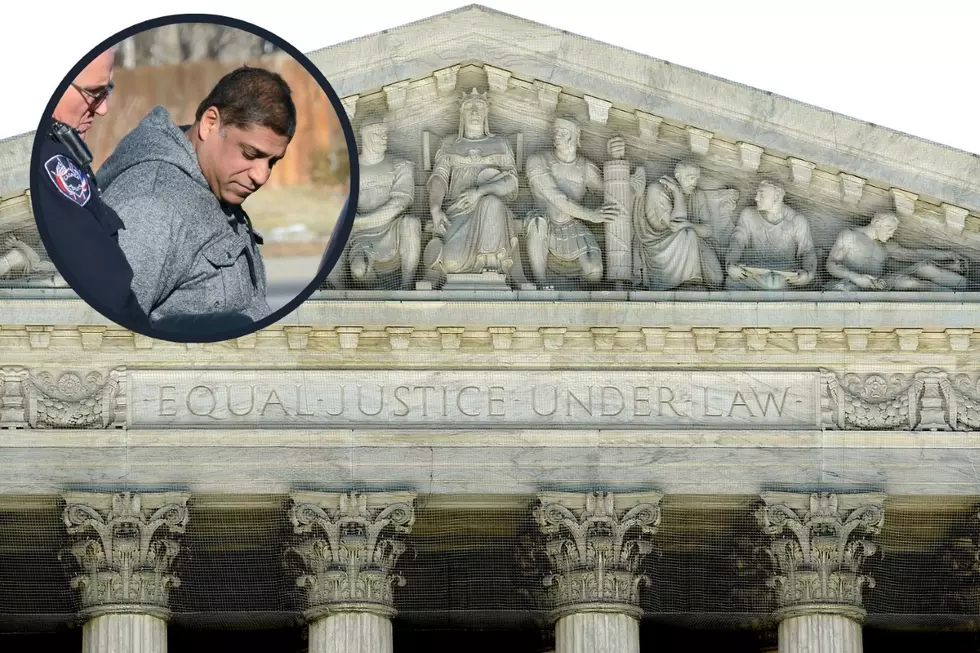
Wyoming, Montana Ask US Supreme Court to Hear Coal Export Case
Wyoming and Montana have asked the United States Supreme Court to hear their challenge to Washington State's decision against constructing a coal export terminal for environmental reasons.
Governor Mark Gordon made the announcement Tuesday, reiterating his stance that the decision by the Washington Department of Ecology to deny permits for the construction of a proposed terminal amounts to "unconstitutional discrimination."
"I did not come to this decision lightly, but Wyoming's ability to export one of our greatest natural resources is being blocked unlawfully," Gordon said. "It is critical that Section 401 of the Clean Water Act not be used to interfere with lawful interstate commerce. It is not a tool to erect a trade barrier based on a fashionable political agenda."
Section 401 allows a state to "ensure that activities associated with federally permitted discharges will not impair state water quality," Washington State Attorney General Bob Ferguson wrote in a letter dated Nov. 21, 2018. He cited a U.S. Supreme Court ruling which held that "[s]tate certifications under [Section] 401 are essential in the scheme to preserve state authority to address the broad range of pollution."
In denying the permit, which Millennium needed under the federal Clean Water Act, the Department of Ecology said the Millennium Bulk project would be the largest coal export terminal in North America.
"Ecology denied the permit because the coal export terminal near Longview would have caused significant and unavoidable harm to nine environmental areas: air quality, vehicle traffic, vessel traffic, rail capacity, rail safety, noise pollution, social and community resources, cultural resources, and tribal resources," the department said in September 2017.
"There are simply too many unavoidable and negative environmental impacts from building the coal terminal to move forward," department Director Maia Bellon said. Those impacts would have included filling 24 acres of wetlands, dredging 41.5 acres of the Columbia riverbed and installing 537 pilings in the river for a new trestle and docks.
"Washington's decision to deny this permit was heavily skewed on non-water quality-based adverse impacts," Gordon said in Tuesday's statement. "This was an unconstitutional, protectionist maneuver based on alleged effects that are outside the scope of Section 401."
According to Gordon's office, the court filing from Wyoming and Montana contends that Washington's actions "amount to a de facto embargo on Montana and Wyoming coal that is unconstitutional."
Both states, with mining operations in the Powder River Basin, "have vast reserves of low-sulfur coal that generate hundreds of millions of dollars in critical state revenue each year, and both states seek access to foreign markets with a specific need for that coal," Gordon's statement reads.
Nearly a year after the water quality certification was denied, the U.S. Army Corps of Engineers restarted the federal permitting and environmental review process for the project.
"This action would contradict long-standing procedure, precedent and legal principles," Attorney General Ferguson wrote in his 2018 letter to the Corps.
"In short, Washington State has denied water quality certification of the [project] because the project failed to meet our federally-approved water quality law and because it has the potential to impose a host of other harmful impacts on our state's residents," Ferguson wrote. "This denial includes the federal government from issuing any federal permits for the project. Washington State is prepared to defend the health, safety, and welfare of our local communities and our state's waters."
Other impacts of the project listed in the Department of Ecology's permit denial include the delay of tribes' access to fishing sites above Bonneville Dam, increased diesel pollution leading to "unavoidable" increase in cancer risk rates in one Longview neighborhood and a 33% increase in vessel transits along the Columbia River.
"Montana's access to growing overseas markets shouldn't be dictated by the latest political fads on the West Coast," Montana Attorney General Tim Fox said in Tuesday's statement. "As we are telling the court, the framers of the United States Constitution wrote the Commerce Clause to prevent the very harms that Washington state is inflicting upon Montana and Wyoming today."
According to Ferguson's letter, five separate lawsuits and appeals were filed against the Department of Ecology in the roughly 14 months that had elapsed since the permit was denied. Four of those were resolved in the department's favor, with the fifth pending in federal district court when Ferguson's letter was sent.
On April 1, 2019, the US District Court in Tacoma granted the department's motion to dismiss the parts of the case relating to the Foreign Commerce Clause, according to the department's website.
Legal action is pending in multiple state and federal courts.
Gordon's office says he remains hopeful that the US Supreme Court "will act expeditiously and grant a hearing on this issue that is critical to the state's economic interests."

More From K2 Radio









